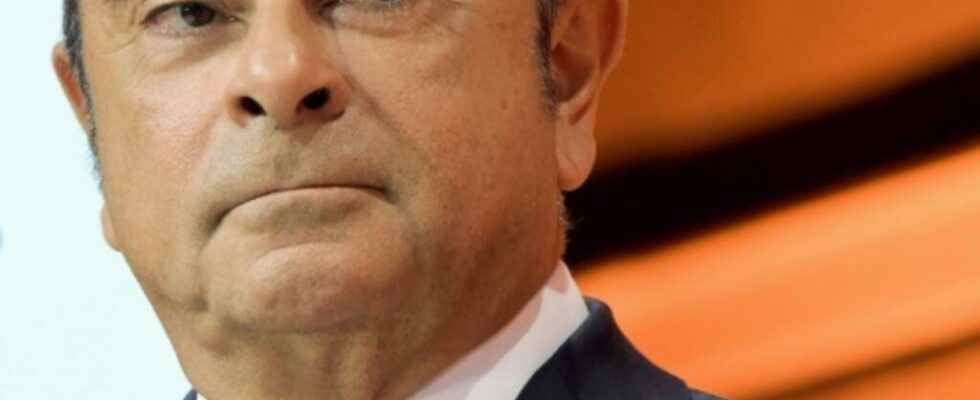Lebanese judicial and political circles have not commented on the decision of French justice to issue an international arrest warrant against Carlos Ghosn. The former boss of the Renault Nissan alliance, who lives in Lebanon after his incredible flight from Japan, is being prosecuted as part of an investigation in Nanterre for abuse of corporate assets, money laundering and corruption.
With our correspondent in Beirut, Paul Khalifeh
the arrest warrant issued against Carlos Ghosn is unlikely to be executed by the Lebanese authorities, a legal source told RFI. The law in Lebanon explicitly prohibits the extradition of its nationals. The texts indicate that a Lebanese citizen who is the subject of proceedings in a foreign country must be judged in Lebanon. In addition, the Lebanese justice issued a travel ban against Carlos Ghosn.
The ex-car tycoon was heard last June for five days by French magistrates in Beirut in free hearing, as part of the investigations of which he is the subject in France. Last March, French judges made a second trip to the Lebanese capital to hear witnesses.
Carlos Ghosn enjoys public support
Beyond the legal text, Carlos Ghosn enjoys the protection of the Lebanese political authorities and the support of a large part of public opinion, for whom he embodies the businessman who has succeeded internationally. After his incredible flight from Japan, he was received by the President of the Republic, Michel Aoun.
Carlos Ghosn lives quietly in Beirut where he lectures at a private university. Lately, he has been discreet and avoids speaking about the economic and political crisis that has hit Lebanon for two and a half years.
►To read: Japan: Greg Kelly, ex-assistant of Carlos Ghosn, sentenced to six months in prison suspended
